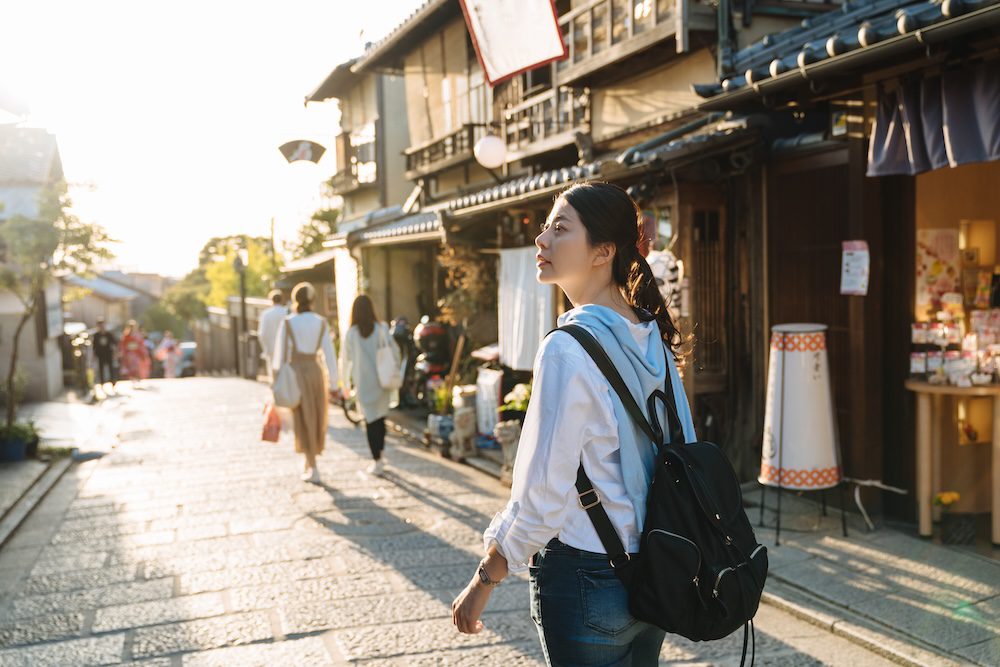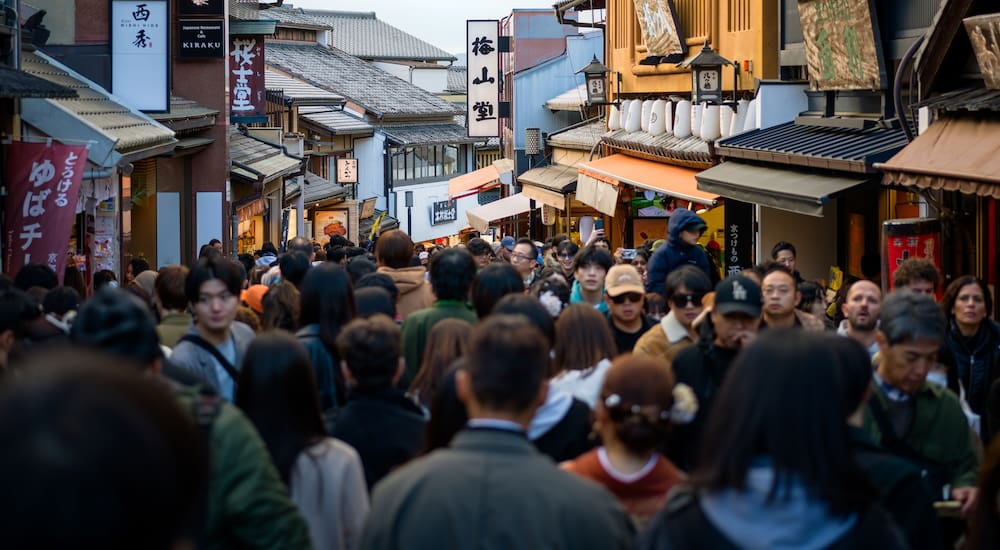One of Japan’s most popular tourism destinations, Kyoto, will become a little (or a lot, depending on where you’re staying) pricier after the city approved a new accommodation tax.
Set to take effect on 1 March 2026, the city’s hotel tax has been increased to help combat overtourism – a rising concern for the city – and enhance the overall visitor experience.
The Japanese government says the new tax levy will be the highest in the country. But in its application to increase the lodging tax earlier this year, Kyoto authorities stated that “tourists also must bear the cost of countermeasures against overtourism”, the Asahi Shinbun reported. It is the first time the tax has been raised since its creation in October 2018.
For budget travellers, the new levies will be minimal, with the tax rate per person per night remaining at 200 yen (around $2) for stays under 6,000 yen ($60). For stays ranging from 6,000 yen to less than 20,000 yen ($200), the levy will increase from 200 yen to 400 yen ($4).
 A traveller in Kyoto.
A traveller in Kyoto.
Here’s a rundown of the new levies:
Accommodation Charge
Tax Amount
Less than 6,000 yen
200 yen (Per Person / Per Night)
6,000 yen to less than 20,000 yen
400 yen
20,000 yen to less than 50,000 yen
1,000 yen
50,000 yen to less than 100,000 yen
4,000 yen
100,000 yen to less than —
10,000 yen
According to Sydney-based Kyoto City Tourism Representative Alison Roberts-Brown, the new tax will be used to boost the city’s appeal as an international destination, funding safer transport, showcasing neighbourhood gems, preserving heritage, supporting traditional industries and tackling over-tourism issues like traffic and litter.
“Kyoto’s increase makes it the highest, but there are more positive arguments for the tax than against it,” she told Karryon.
“And it’s Kyoto, a treasure that needs to be protected in the world. The tax will be so beneficial.”
Roberts-Brown also points out that there are numerous (12) local governments around Japan that currently tax lodging.
“Some places also have double charges – for example, both prefectural and city lodging taxes,” she adds.
“For instance, Fukuoka has a dual prefecture and city tax. Okinawa and Hokkaido will start in April next year and more cities and prefecture [taxes] are coming.”
For more info on the tax, check out Kyoto city’s new guide here.
With the revision, Kyoto’s lodging tax revenue is expected to nearly double, from 5.91 billion yen this year to 12.6 billion yen next year, the Asahi Shinbun reported.
Once a niche destination (believe it or not), Kyoto has quickly become one of Japan’s, and even the world’s, hottest tourism spots.
Between May 2024 and April 2025, the number of room nights stayed by Australians in Kyoto compared to the same period the year before rose by 32.7% to 785,320 nights, according to Japan Tourism Agency (JTA) data.
Speaking to Karryon earlier this year, Inside Travel Group Director and Japan travel expert Alastair Donnelly said that “of all the visitors to Kyoto in 2019, only 17% were inbound tourists”.
“And of all the room nights in Kyoto in 2019, interestingly, only 35% [or] something like that was inbound.”


AloJapan.com